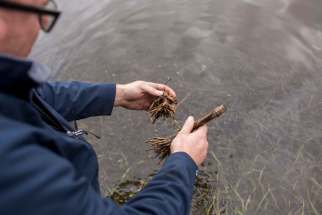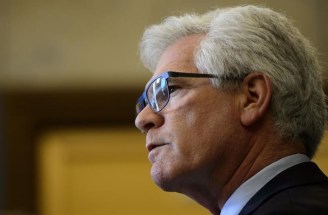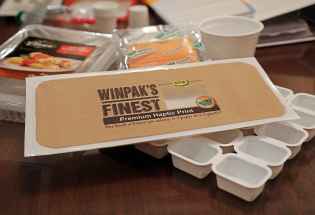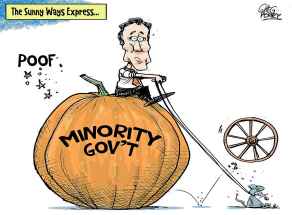Green way packers Packaging giant Winpak pledges that all its products will be recyclable or sustainable within five years
Read this article for free:
or
Already have an account? Log in here »
To continue reading, please subscribe:
Monthly Digital Subscription
$0 for the first 4 weeks*
- Enjoy unlimited reading on winnipegfreepress.com
- Read the E-Edition, our digital replica newspaper
- Access News Break, our award-winning app
- Play interactive puzzles
*No charge for 4 weeks then price increases to the regular rate of $19.00 plus GST every four weeks. Offer available to new and qualified returning subscribers only. Cancel any time.
Monthly Digital Subscription
$4.75/week*
- Enjoy unlimited reading on winnipegfreepress.com
- Read the E-Edition, our digital replica newspaper
- Access News Break, our award-winning app
- Play interactive puzzles
*Billed as $19 plus GST every four weeks. Cancel any time.
To continue reading, please subscribe:
Add Free Press access to your Brandon Sun subscription for only an additional
$1 for the first 4 weeks*
*Your next subscription payment will increase by $1.00 and you will be charged $16.99 plus GST for four weeks. After four weeks, your payment will increase to $23.99 plus GST every four weeks.
Read unlimited articles for free today:
or
Already have an account? Log in here »
Hey there, time traveller!
This article was published 25/10/2019 (2236 days ago), so information in it may no longer be current.
About two weeks ago, Olivier Muggli, the CEO of Winnipeg-based Winpak Inc., met with the CEO of Premium Brands, the $3 billion Vancouver-based multi-brand food packaging company, along with about 30 members of his team.
Winpak generates about $900 million in annual revenue itself and produces packaging for many well-known consumer packaged goods manufacturers — including the packaging for all the bacon sold in Canada and a good amount of the U.S. — but such a meeting was a rarity.
“If we had gone out to talk about taking cost out of existing packaging, the room would have been empty,” said Muggli, a Swiss ex-pat who become Winpak’s CEO a couple of years ago.
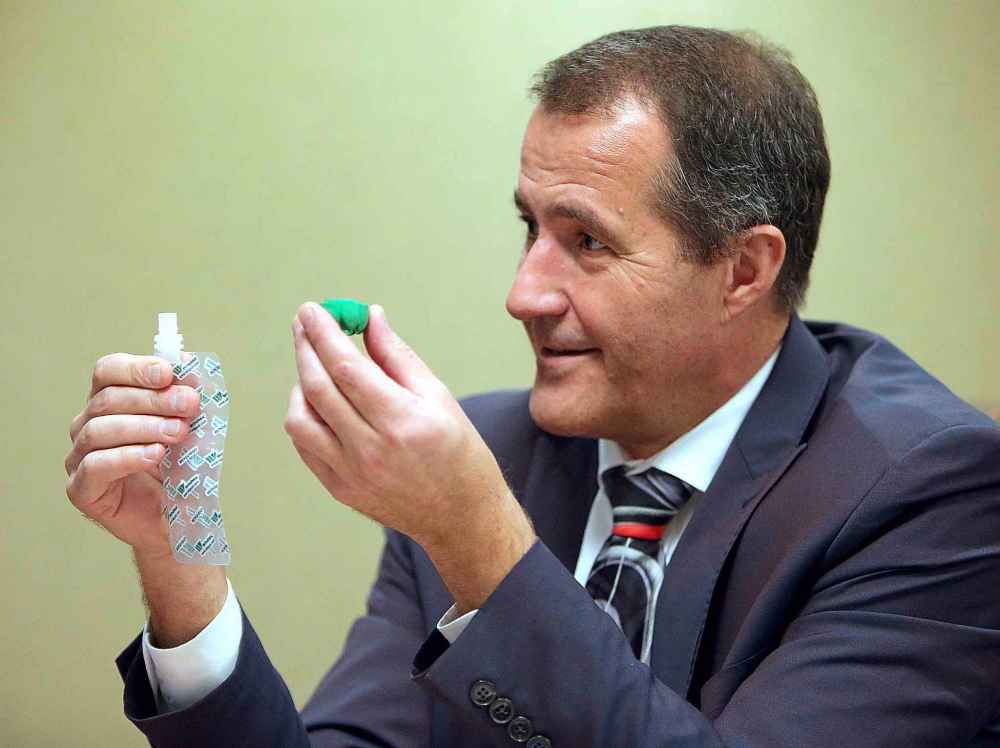
So why the high level confab? Two words — environmental sustainability.
“If there is a topic today that would allow a packaging company to get visibility up to the top of the organization it is sustainability,” he said. “It is just so important.”
Winpak’s name does not show up on any package of Maple Leaf bacon or the billions of coffee creamers or millions of Keurig coffee pods that it makes, but Winpak is deeply aware of the fact that it is on the front lines of the global effort to reduce waste and the mounting impact our consumer lifestyle is having on the sustainability of the planet Earth.
This year, it produced the first of what will become an annual Sustainability Report where it pledges that by 2025 all its products — thousands of flexible and rigid variations — will be made with recyclable products or be derived from sustainable and/or renewable resources, eliminate landfill waste and vastly reduce its emissions.
That’s just five years away! And Winpak has a complex operation in 12 production facilities across North America making packaging material mostly for perishable food like meat and cheese, that has to meet rigorous performance standards like creating the right barrier, flexibility (but some rigidity), puncture resistance — no leaking — and UV blocking.
It sounds like an overly ambitious goal.
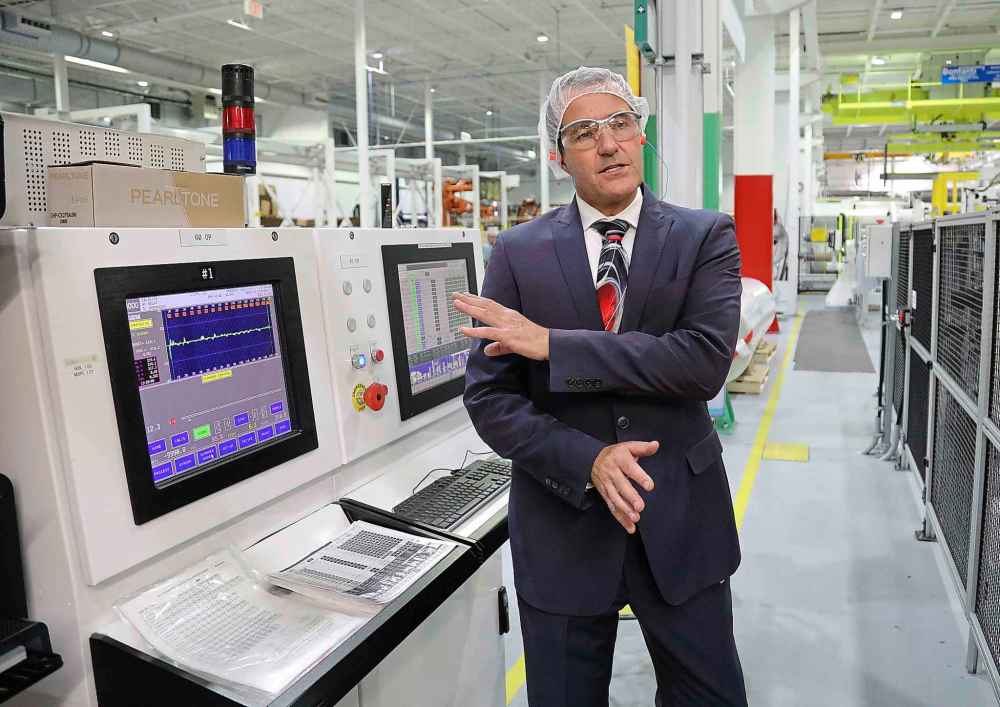
But Muggli said just because it only published its first report this year, it’s not as if the company is just now starting to think about sustainability and carbon footprint and waste and lifecycle analysis.
As well, its customers like Premium Brands and Keurig and some of the largest meat and cheese companies in North America, have been talking about it for some time and it is becoming an increasingly critical part of their future success. (It re-designed the Keurig coffee pods to be completely recyclable in 2018 and by next year Muggli figures that will be the only version of the pod Keurig will be selling.)
Time will tell what strategy proves to be the best one because there is no one correct answer when it comes to addressing all the logistics and design and lifecyle analysis of every packaging product.
But Winpak has a few things going its way. For starters it is 52 per cent owned by a private, family-owned Finnish company that has always had a long-term perspective on investment in the business. And at least one industry official said Muggli has a reputation as being an industry official who is sincerely committed to the process.
It is already a technology leader in the industry and has a long track record of spending on research and development.
Sustainability was THE theme at Pack Expo, the industry’s big annual trade show, held last month in Las Vegas. Scott Fromson, an equity analyst with CIBC Capital Markets, said in the past it was secondary to things like product innovation/differentiation, competition, market growth and mergers and acquisitions.
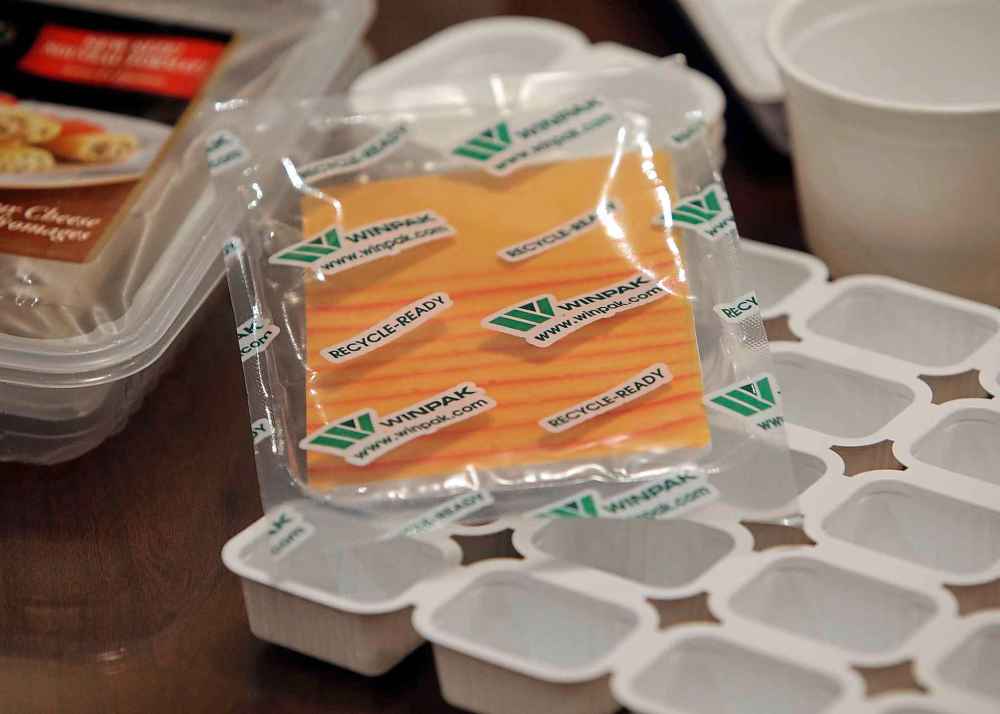
“This has changed,” Fromson said. “This year was an inflection point in the packaging industry’s view: throughout the value chain, a well-defined and well-executed sustainability strategy is now crucial.”
But the fact that Winpak actually has such a strategy — already over 40 percent of its rigid packaging volume is recyclable or recycle ready — does not automatically win it any prizes.
Winpak’s slot in the market, where there are a handful of much larger North American competitors, is to specialize in the perishable food business as well as selected rigid and semi-rigid product lines. But with some increased capacity across its system completed about five years ago Muggli said the company is starting to pitch larger jobs
He said being able to provide sustainability solutions may be the one thing that will get a supplier a meeting when trying to win new business. No one is willing to switch suppliers for the sake of switching suppliers to save money. It is lengthy process requiring a lot of time and resources.
“The only reason one would invest in that kind of effort is if they could get something that is better from a sustainability standpoint,” Muggli said.
In that regard, he believes Winpak has a leg up on the industry because of its constant R & D and the kind of encouraging corporate governance structure that the company has.
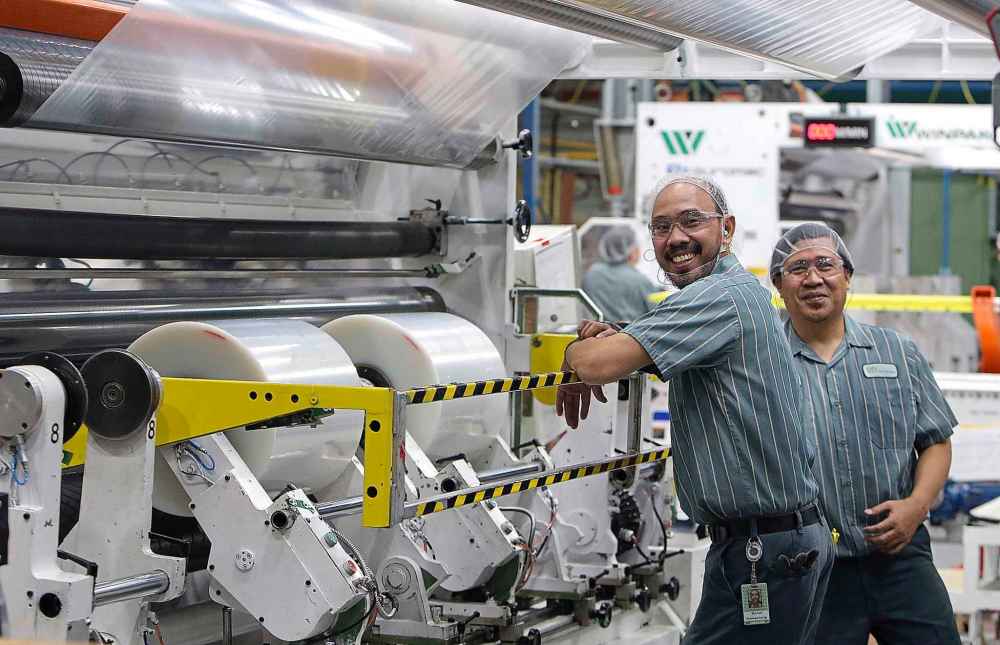
“I don’t know if I can say we have won any large new piece of business because of this,” he said. “But it certainly has allowed us to get the foot in the door on opportunities that otherwise would not have been case.”
CIBC’s Fromson said, “Winpak has a deep commitment to sustainability. Some of its sustainability initiatives include the advancement of multi-layer flexible packaging, reducing packaging material, using renewable sources of feedstock, evaluating use of biobased thermoplastics and using more recycled content in products,” he said.
Some might see packaging as an evil in and of itself and that the obvious solution is to reduce or eliminate packaging. But Fromson points out that one of the main challenges in increasing the use of post-consumer recycled content in packaging is meeting the required client specification and approval for food contact.
“It is not that easy,” Muggli says. “Because the biggest issue by far is food waste. The (environmental) footprint of what goes in the package is very often an order of magnitude bigger than the package.”
In Europe and North America about 30-to-40 per cent of the food we buy goes wasted.
“It’s not faulty packaging,” he said. “It’s lifestyle.”
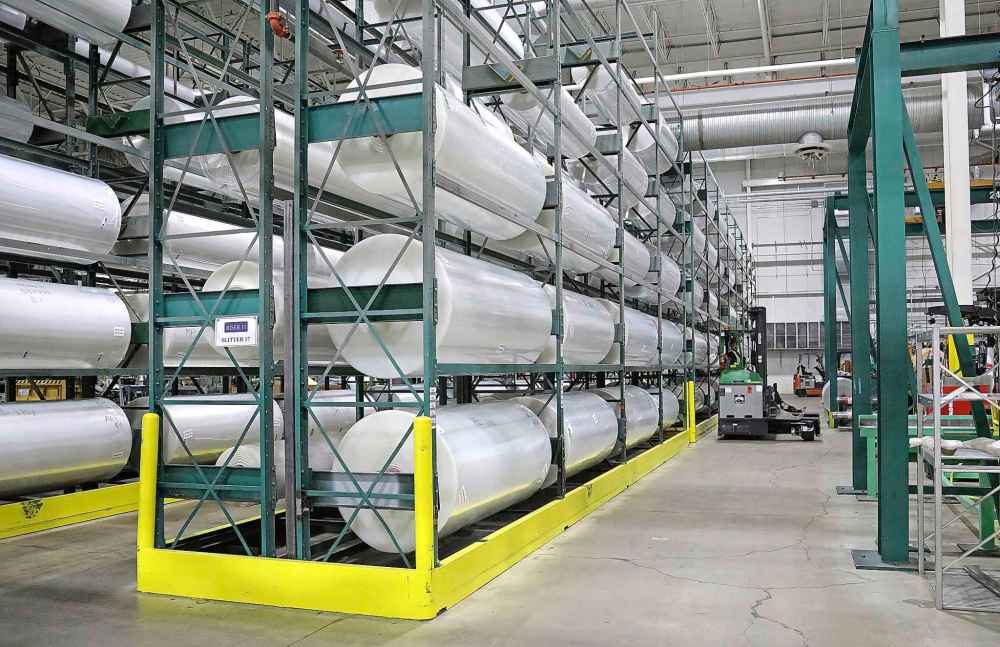
martin.cash@freepress.mb.ca

Martin Cash has been writing a column and business news at the Free Press since 1989. Over those years he’s written through a number of business cycles and the rise and fall (and rise) in fortunes of many local businesses.
Our newsroom depends on a growing audience of readers to power our journalism. If you are not a paid reader, please consider becoming a subscriber.
Our newsroom depends on its audience of readers to power our journalism. Thank you for your support.

